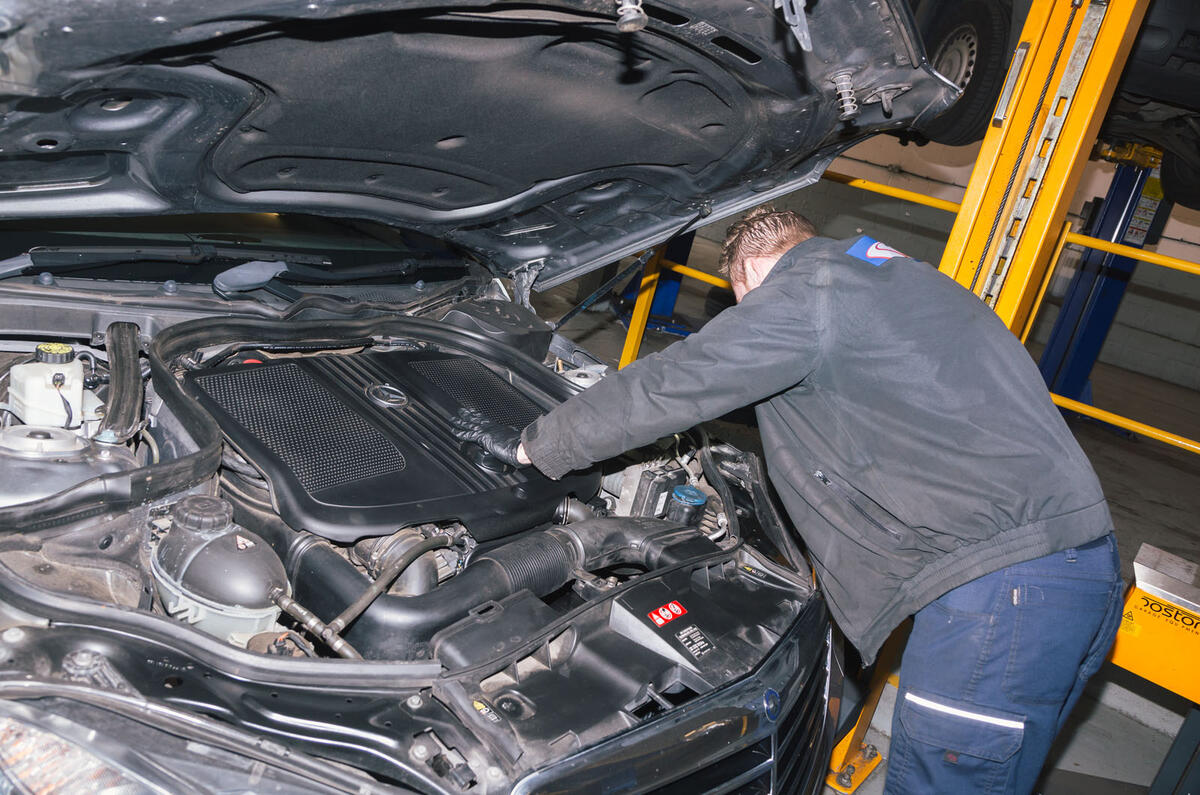A poor image, record vacancies and a growing skills gap are among the serious challenges facing the motor industry, according to a new report from the Institute of the Motor Industry (IMI).
'Driving auto forwards' identifies 10 issues as vehicle technology and the market evolve that, if not addressed, put the industry at risk of being left behind and motorists underserved.




Add your comment